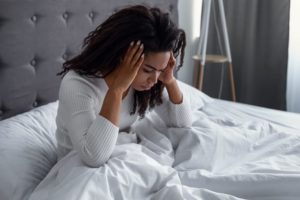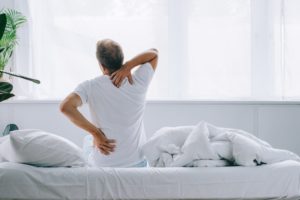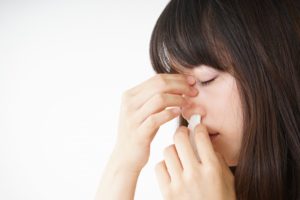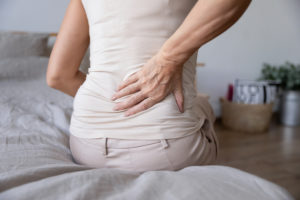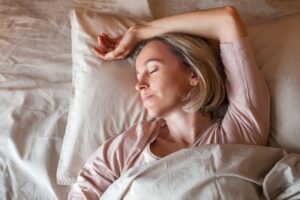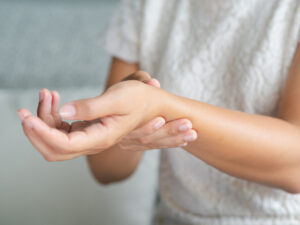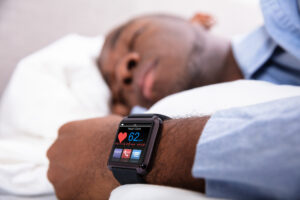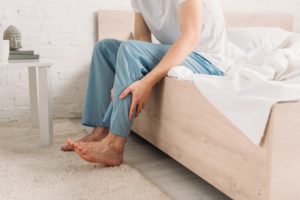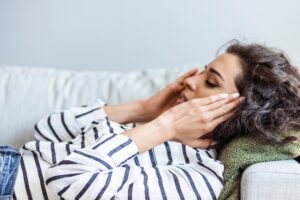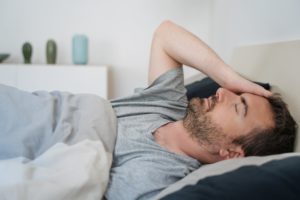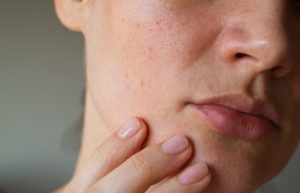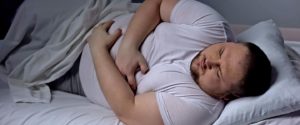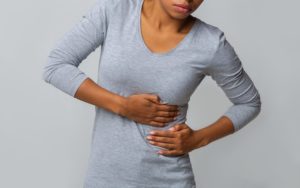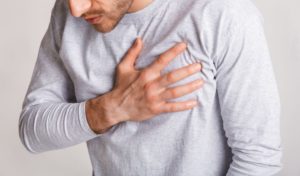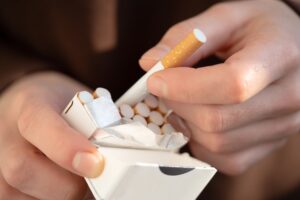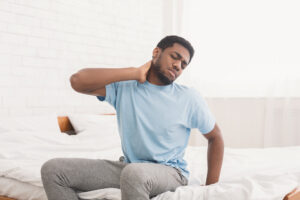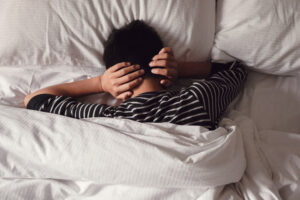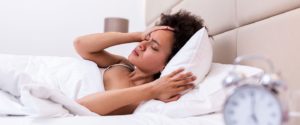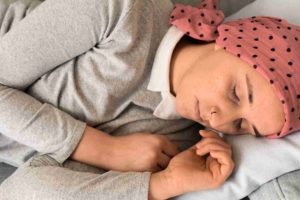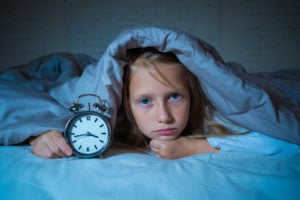How Does Testosterone Affect Sleep?
When testosterone levels are too high or too low, it may impact sleep. At the same time, poor sleep may interfere with normal testosterone production.
Testosterone is a hormone responsible for fertility and sperm production in males as well as male features, such as a deeper voice, male hair growth patterns and muscle mass. While the hormone is found in people who are assigned male and female at birth, males have much higher levels. In both sexes, testosterone affects multiple aspects of health, including sex drive and muscle and bone strength. We cover the ways that this hormone is linked to sleep.
The Relationship Between Sleep and Testosterone
Testosterone levels typically increase during sleep as part of a natural rhythm of rising and falling levels over a 24-hour period. Studies have found testosterone levels are typically highest around 8 a.m. and lowest around 8 p.m., and sleep facilitates this normal cycle of testosterone production.
Research suggests that insufficient sleep and sleep disorders like sleep apnea may affect testosterone levels. At the same time, irregular testosterone levels may be linked with sleeping problems.
How Low Testosterone Levels Affect Sleep?
In men and people assigned male at birth, a low testosterone level may cause insomnia-like problems, including difficulty falling asleep or staying asleep.
Symptoms of Low Testosterone
In adult males, symptoms of low testosterone can include:
- Loss of muscle or bone mass
- Decreased sex drive
- Problems getting or maintaining an erection
- Depression
- Lack of concentration
- Rise in body fat
Very low levels of testosterone may cause hot flashes with excess sweating.
How High Testosterone Levels Impact Sleep?
In males, high testosterone may not cause symptoms or impact sleep. However, some research has found a link between poor sleep and high testosterone, such as from treatment with high doses of synthetic testosterone.
In people assigned female at birth, high testosterone levels may be caused by conditions like polycystic ovary syndrome (PCOS), which are associated with poor sleep.
Symptoms of High Testosterone
High testosterone does not always cause symptoms in males. Rather, low testosterone is more likely to cause symptoms. However, abuse of synthetic testosterone may cause symptoms such as:
- High blood pressure
- Unhealthy cholesterol levels
- Acne
- Liver or kidney conditions
In women and people assigned female at birth, potential signs of high testosterone include:
- Excess hair growth on the face and body
- Male-patterned hair loss
- Deepening of the voice
- Acne
- No menstrual periods or periods that occur irregularly
Will Lack of Sleep Affect Testosterone?
Some evidence suggests that insufficient sleep can lower testosterone levels, but not all studies have found the same results.
Sleep influences the daily rhythm of testosterone production, which may be thrown off by sleep disruptions. In one study of healthy young males, a week of sleeping less than five hours per night was linked to a 10-15% decrease in testosterone levels.
A number of studies have found an association between obstructive sleep apnea (OSA) and low testosterone, but it is not clear if OSA directly causes low levels. Some evidence indicates that treating OSA may increase testosterone levels.
Can Testosterone Replacement Therapy Improve Sleep?
Some males receive testosterone replacement therapy if they are diagnosed with low testosterone. When low testosterone causes poor sleep, testosterone treatment may improve sleep.
In some people, though, testosterone replacement therapy can interfere with sleep, especially if it is a high-dose treatment.
In addition, testosterone therapy may increase the risk of developing or worsening obstructive sleep apnea, which causes fragmented sleep. In people with untreated OSA, testosterone replacement therapy may worsen breathing problems during sleep.
References
7 Sources
-
Luboshitzky, R., Zabari, Z., Shen-Orr, Z., Herer, P., & Lavie, P. (2001). Disruption of the nocturnal testosterone rhythm by sleep fragmentation in normal men. The Journal of clinical endocrinology and metabolism, 86(3), 1134–1139.
https://pubmed.ncbi.nlm.nih.gov/11238497/ -
Liu P. Y. (2019). A Clinical Perspective of Sleep and Andrological Health: Assessment, Treatment Considerations, and Future Research. The Journal of clinical endocrinology and metabolism, 104(10), 4398–4417.
https://pubmed.ncbi.nlm.nih.gov/31042277/ -
Hirsch, I. (2023, February). Male Hypogonadism. Merck Manual Professional Version., Retrieved September 9, 2023, from
https://www.merckmanuals.com/professional/genitourinary-disorders/male-reproductive-endocrinology-and-related-disorders/male-hypogonadism -
A.D.A.M. Medical Encyclopedia. (2023, May 12). Could you have low testosterone?. MedlinePlus., Retrieved September 9, 2023, from
https://medlineplus.gov/ency/patientinstructions/000722.htm -
Leproult, R., & Van Cauter, E. (2011). Effect of 1 week of sleep restriction on testosterone levels in young healthy men. JAMA, 305(21), 2173–2174.
https://pubmed.ncbi.nlm.nih.gov/21632481/ -
Wittert G. (2014). The relationship between sleep disorders and testosterone in men. Asian journal of andrology, 16(2), 262–265.
https://pubmed.ncbi.nlm.nih.gov/24435056/ -
Synder, P. (2023, September). Testosterone treatment of male hypogonadism. In A. Matsumoto & K. Martin (Ed.). UpToDate., Retrieved September 9, 2023, from
https://www.uptodate.com/contents/testosterone-treatment-of-male-hypogonadism




